-

Three Sisters, Tel Aviv 1992 My mother, Rivka Kahana, with her two sisters, Leah and Esther, consecutive numbers on their forearms. In this order they lined up and were tattooed in Auschwitz.
-
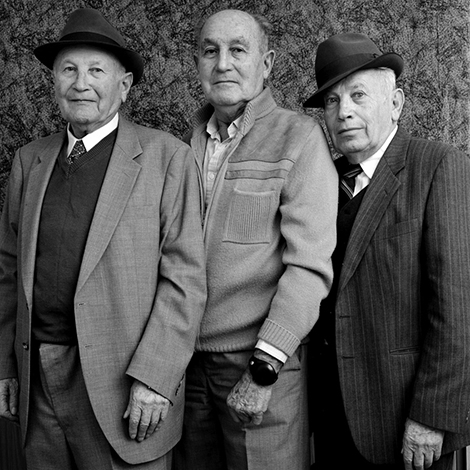
Three Brothers, Tel Aviv 1992 My father Aharon Kahana with his two brothers, Moshe and Yehezkel.
-
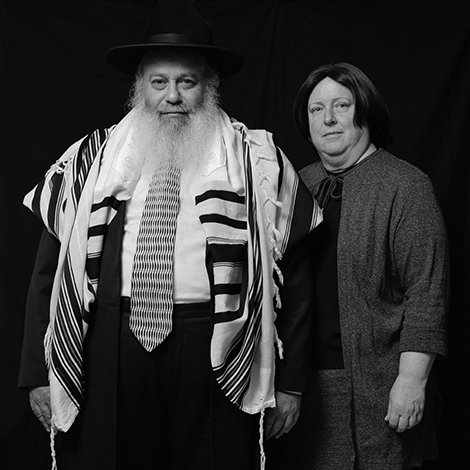
Cousin Hannan with his wife Zipora, Ganey Tikva 2005
-
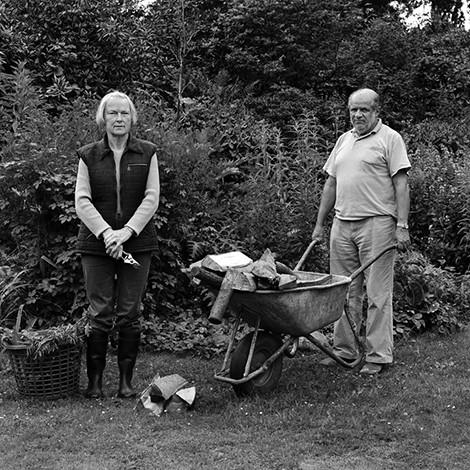
Cousin Shmuel and his wife Hanne in their yard, Copenhagen, Denmark 2004
-
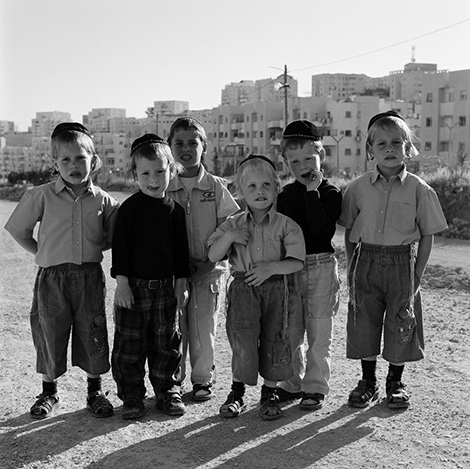
The Grandchildren of Cousin Hannan, Kiryat Sefer, Modi'in Ilit 2005
-
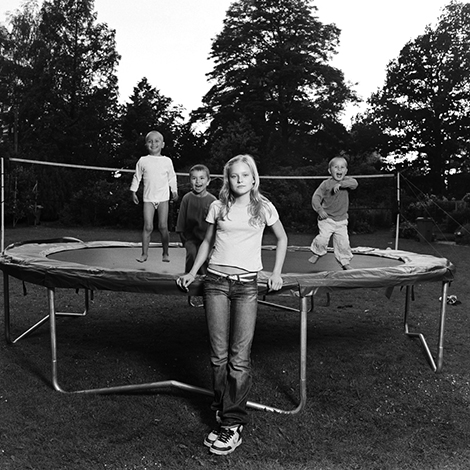
The Grandchildren of Cousin Shmuel, Copenhagen, Denmark 2004
-
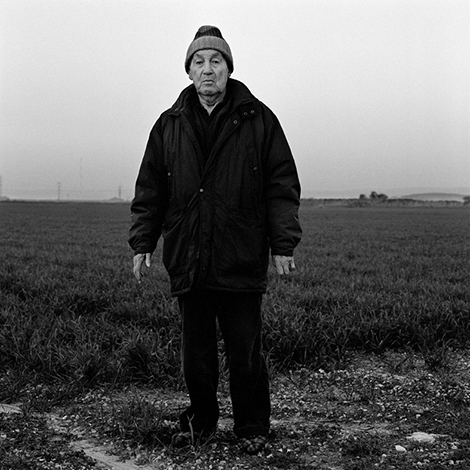
Uncle Moshe, Kibbutz Kfar Masaryk 2000
-
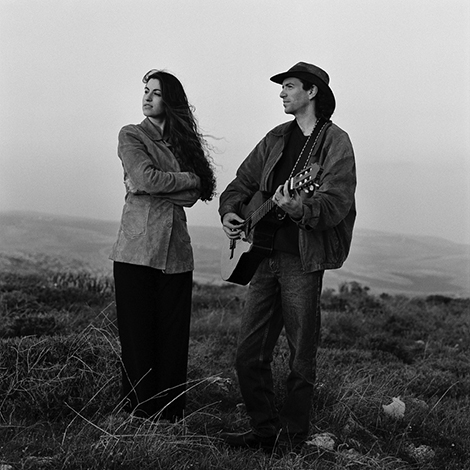
Yizhar, cousin Yonina's son, and his wife Ella, Ma'aleh Michmash, West Bank 2004
-
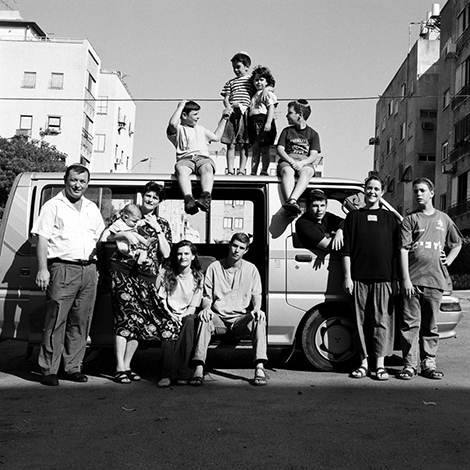
The Barak Family, Petach Tikva 1993 My Cousin Libi with her husband Naftali and their ten children: Yair, Asher, Hagit, Tehila, David, Netanel, Hillel, Shilo, Rachel, and Yinon
-
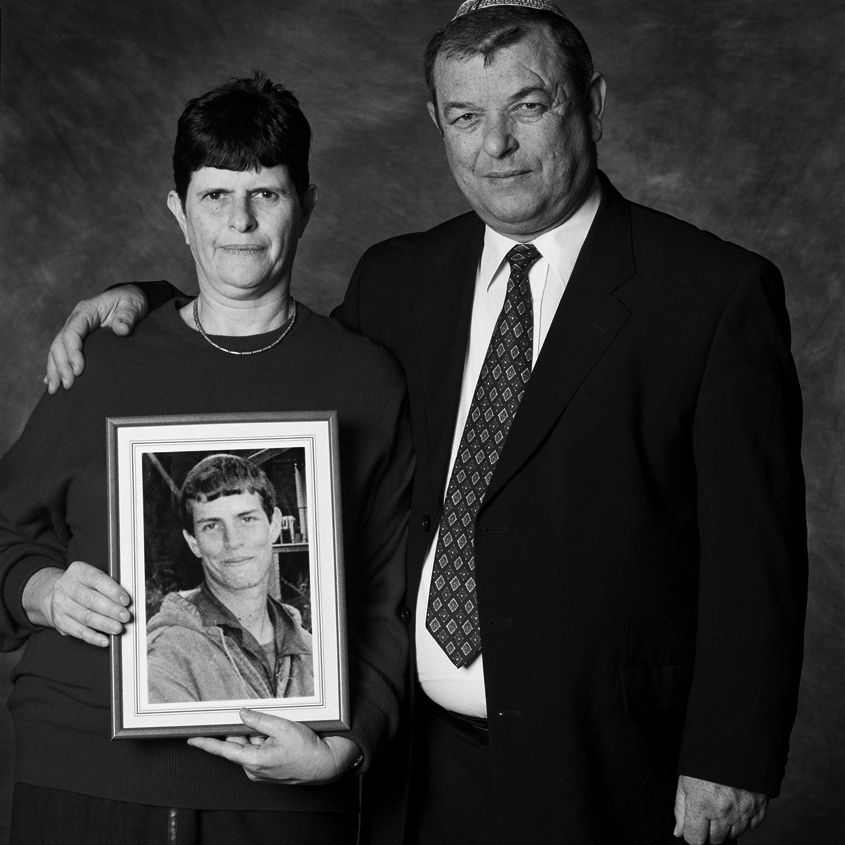
Cousin Libi and her husband Naftali 2002 Libi holding a photograph of their firstborn son, Yair, who was killed in Lebanon in 1995.
-
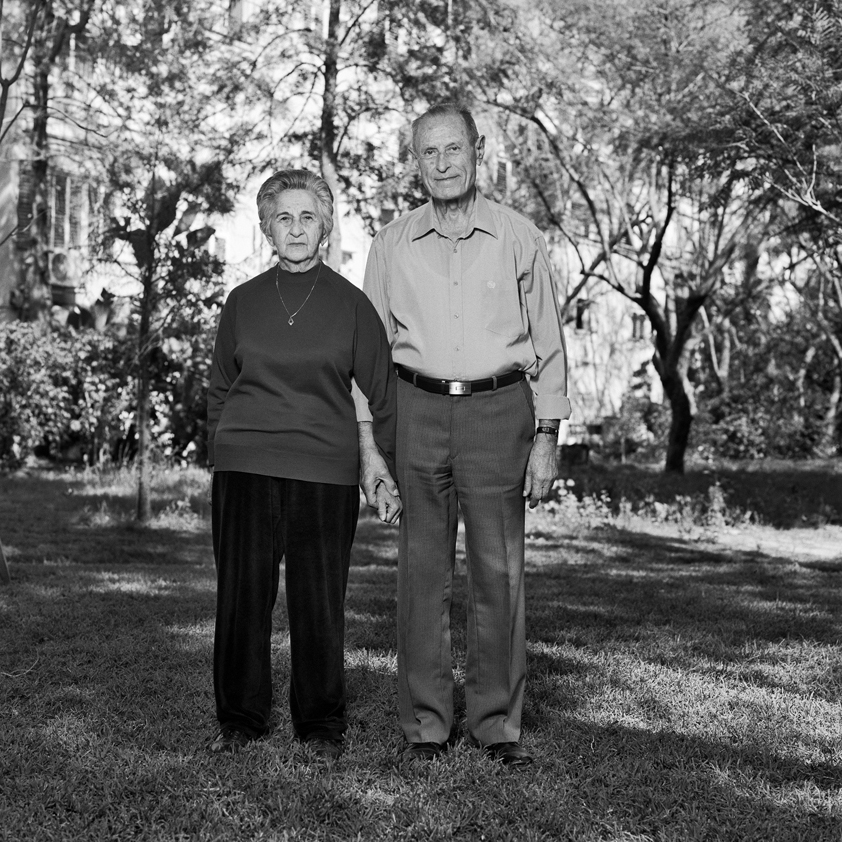
Uncle Yossi and aunt Hanna, Maoz Aviv, Tel Aviv 2006
-
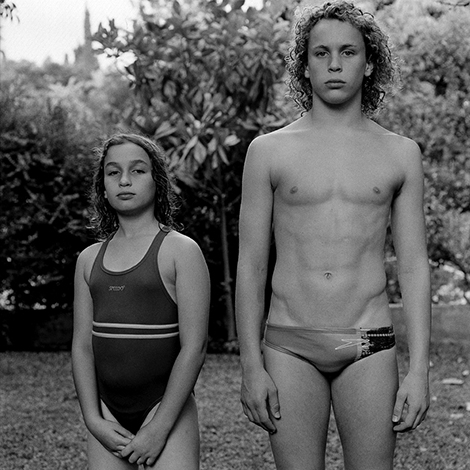
My children Gil and Roni, Ramat Hasharon 2004
-
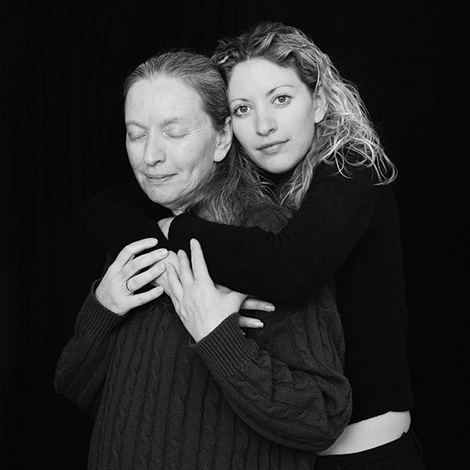
Cousin Yonina and her daughter Neta 2003
-
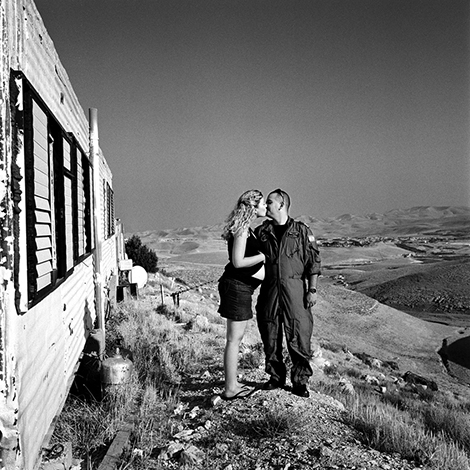
Neta, cousin Yonina's daughter, and her husband Elad, Nofei Prat, West Bank 2003
-
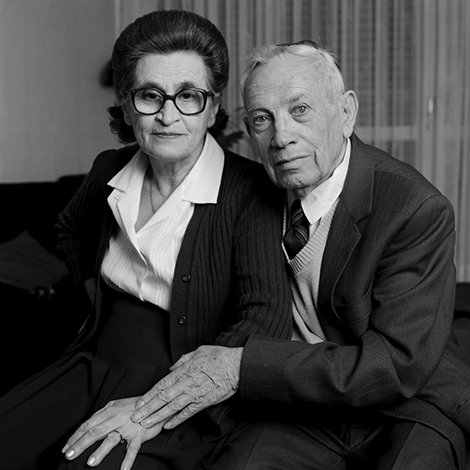
Mother and Father, Tel Aviv 1995 My parents, Aharon and Rivka, in their last picture together. The following day my father underwent surgery from which he never recovered.
-
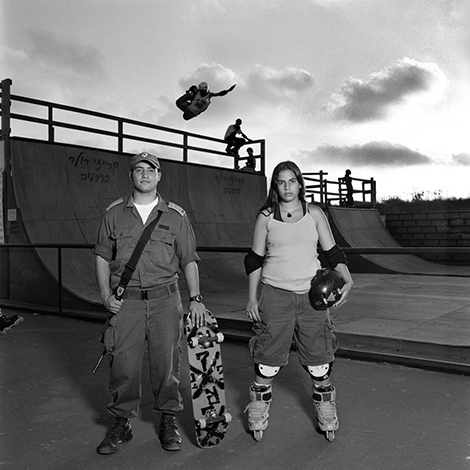
Jonathan and Merav, my brother Zvika's children, Herzliya 2004
-
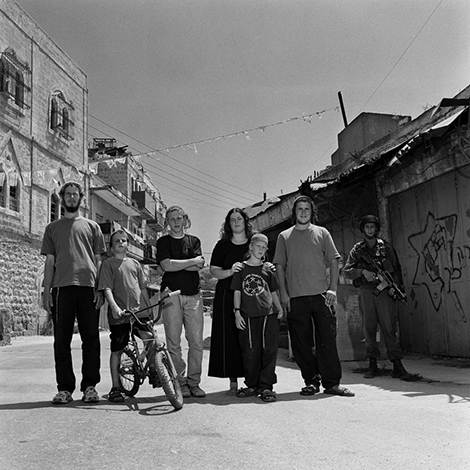
Rivka, Akiva, Bezalel, Zvi, Hillel, and Shilo, six of cousin Eta's ten children, Hebron, West Bank 2004
-
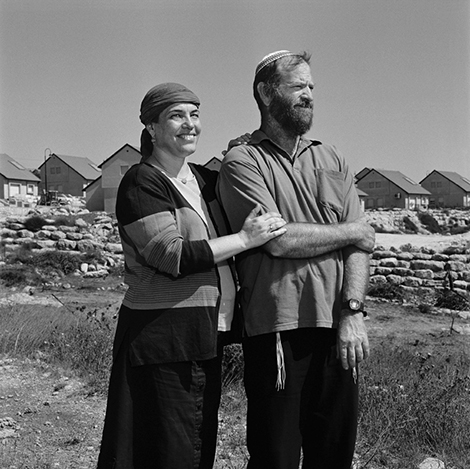
Cousin Yaki and his wife Tzofit, Susya, West Bank 2004
-
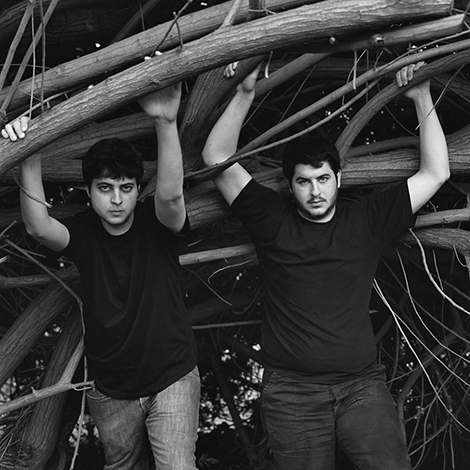
Chai and Iddo, cousin Aliza's sons, Savyon 2007
-
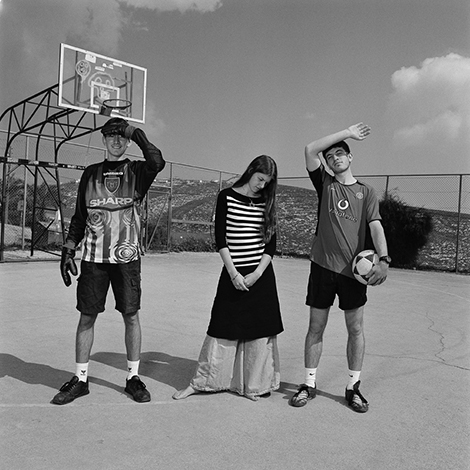
David, Aluma, and Roee, three of cousin Yonina's children, Ma'aleh Michmassh, West Bank 2004
-
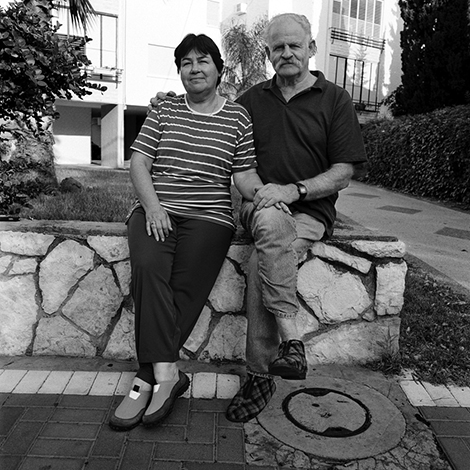
Cousin Erela and her husband Danny, Kiryat Bialik 2003
-
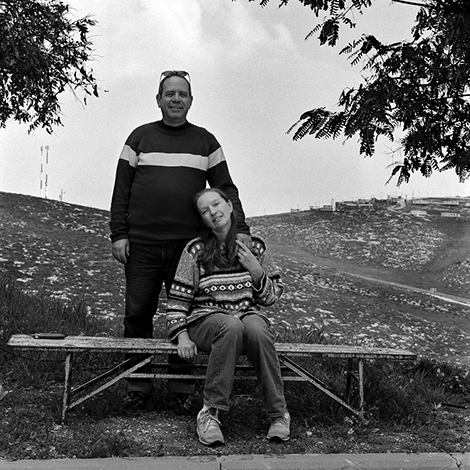
Cousin Yonina with her husband Yitzhak, Ma'aleh Michmassh, West Bank 2004
-
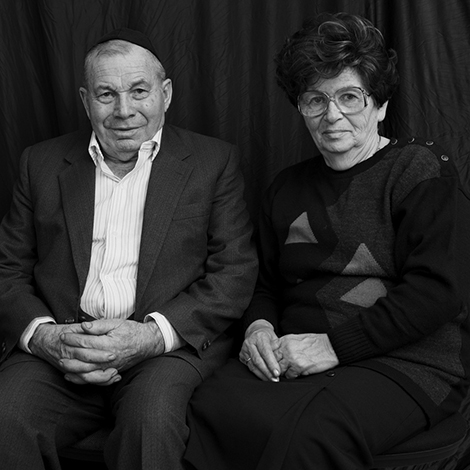
Aunt Yafa and uncle Baruch, Bney Brak 1992
-
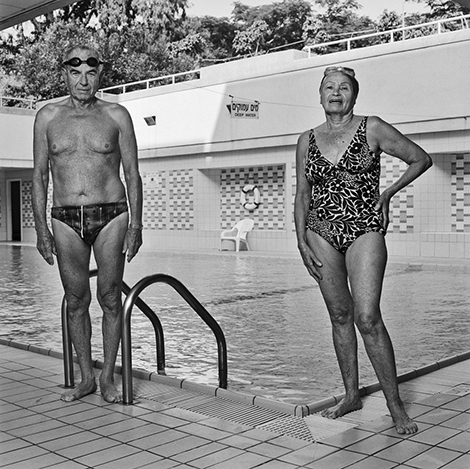
Aunt Adina and uncle Aharon, Herzliya 2004
-
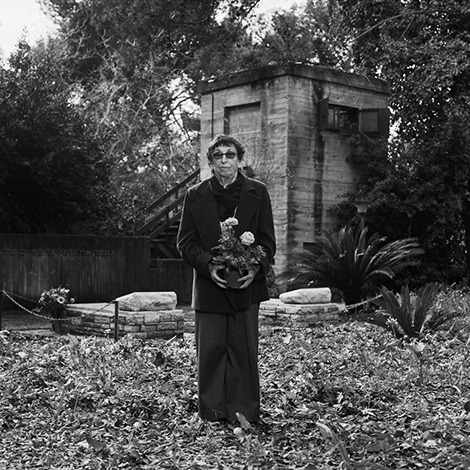
Aunt Miriam, Kibbutz Lehavot Habashan, 2007 My aunt is standing next to the place where her husband, Ya'acov, my father's brother, was killed in 1948 while guarding the kibbutz.
-
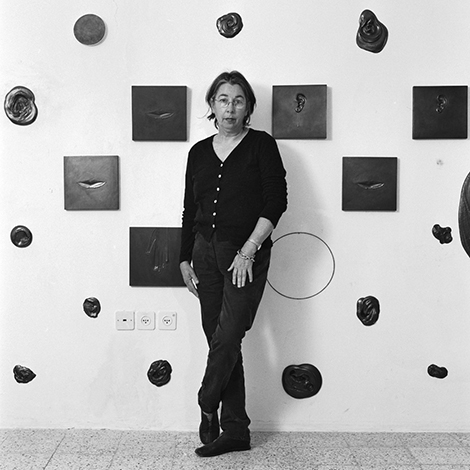
Cousin Dina in her studio, Jerusalem 2007
-
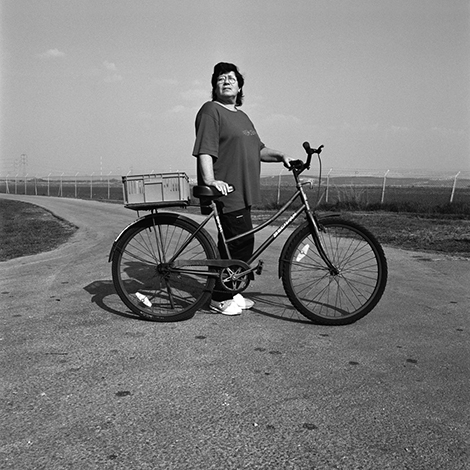
Cousin Rivka, Kibbutz Kfar Masaryk 2003
-
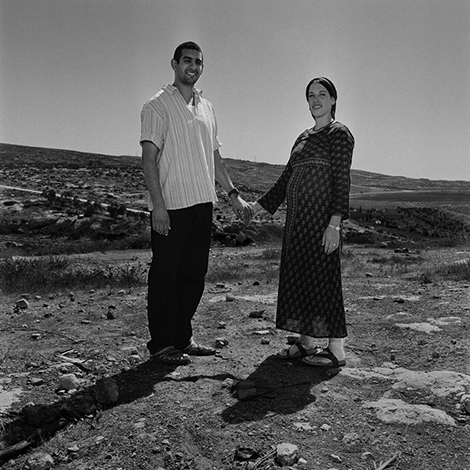
Moria, cousin Yaki's daughter with her husband Amikam South mount Hebron, West Bank 2004
-
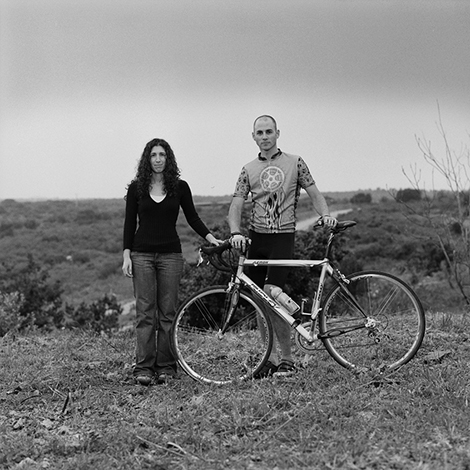
Yoav, Cousin Erela's son with his wife Shiri, Kibutz Cabri 2007
-
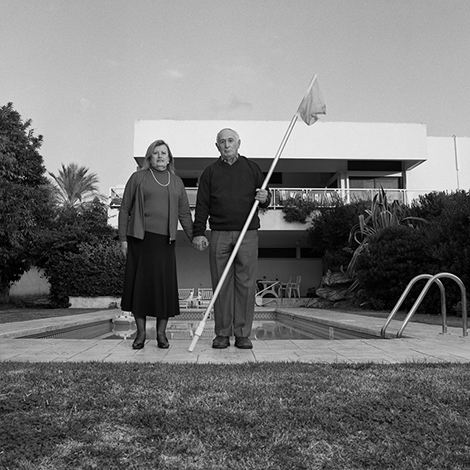
Cousin Tobi with her husband Lionel, Caesarea 2006
-
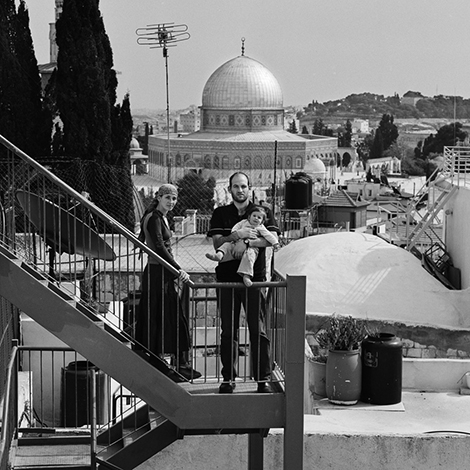
Raphael, cousin Atara's son, with his wife Dikla and his daughter Raya, Muslim Quarter, Jerusalem 2007
-
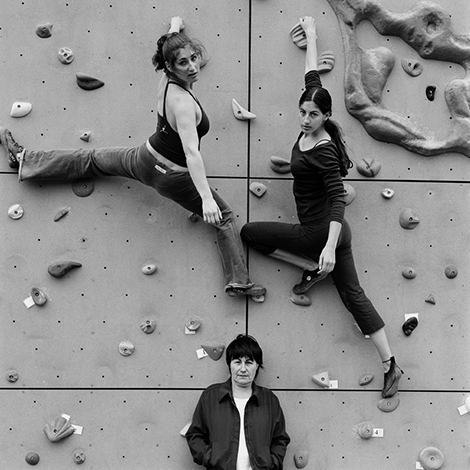
Cousin Rina with her daughters, Groningen, Netherlands 2004
-
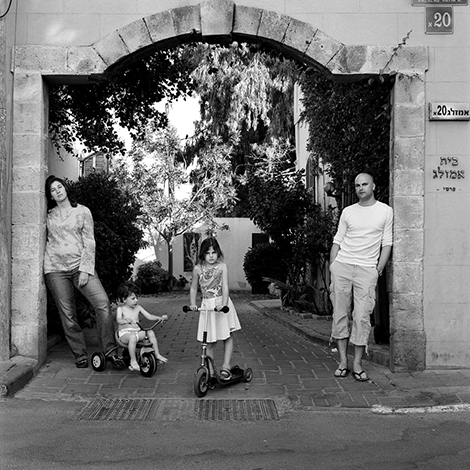
Shmulik, cousin Miki's son, with his wife Daphna and their children, Michaela and Adam, Neve Tsedek, Tel Aviv 2005
-
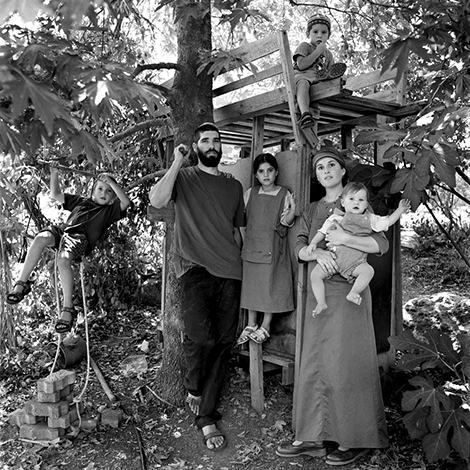
Ayelet, my cousin Yaki's daughter, with her husband, Eliyahu, and their children, Tehila, Shahar, Maoz, Tal, and Avraham, Susya, West Bank 2004
-
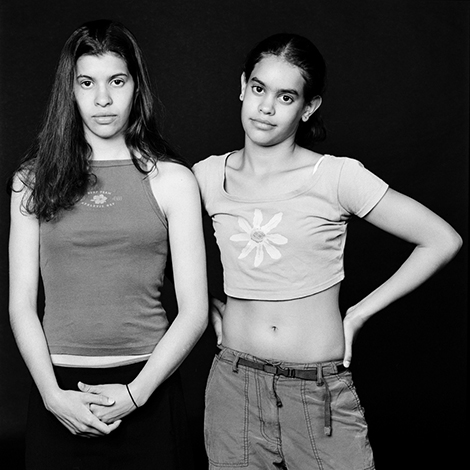
Or and Amir, my brother Avi's daughters 2004
-
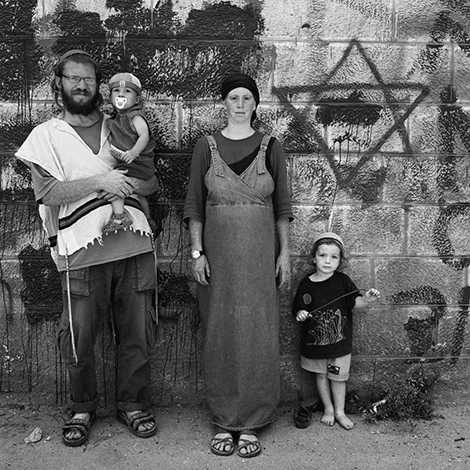
Cousin Rina with her daughters, Groningen, Netherlands 2004
-
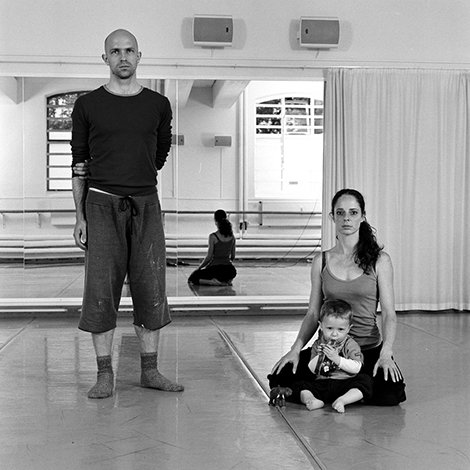
Ari, cousin Shmuel's son, with his wife Hagit and their son Noam, Copenhagen, Denmark 2004
-
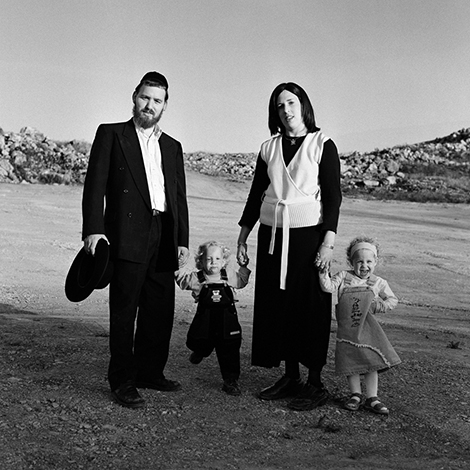
Rachel, Cousin Hannan's daughter, with her husband Yehuda and their children Nechama and Zvi, Kiryat Sefer, Modi'in Ilit 2005
-
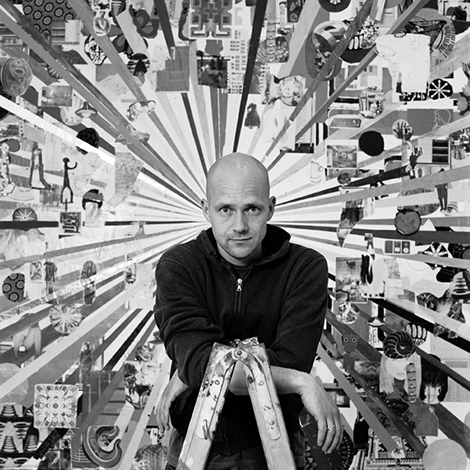
Tal R, cousin Shmuel's son, in his studio, Copenhagen, Denmark 2004
-
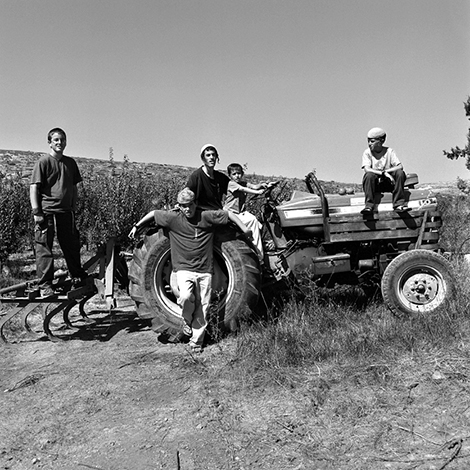
Avishai, Yehuda, Zvi, Shai, and Yair, five of my cousin Yaki's children, Susya, West Bank 2004
-
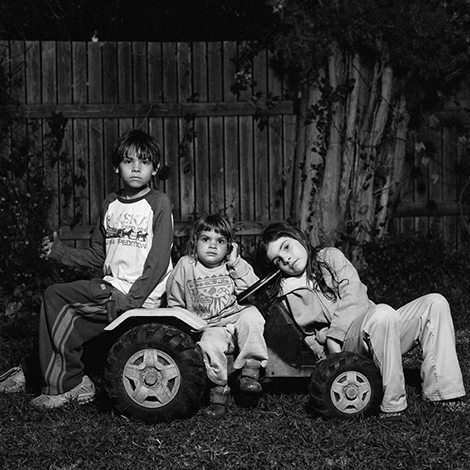
Yasmin, Noam and Gal, cousin Dina's grandchildren, Karkur 2007
-
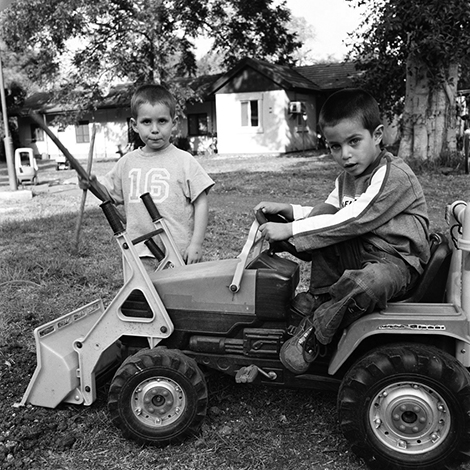
Sahar and Yiftah, two of my cousin Erela's grandchildren, Kibbutz Hazorea 2004
-
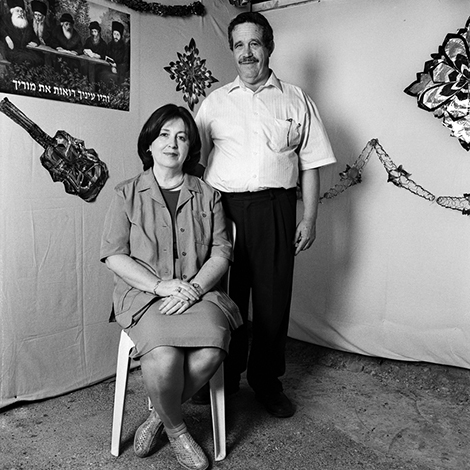
Cousin Benny and his wife Haya in the sukkah, Bnei Brak 2003
-
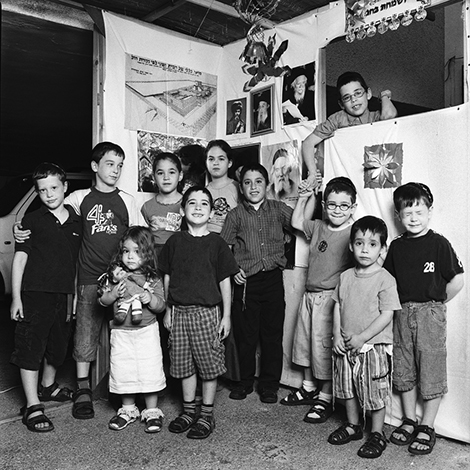
Cousin Benny's grandchildren in the sukkah, Bnei Brak 2003
-
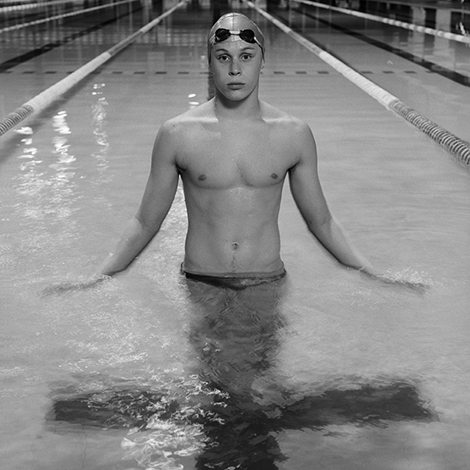
My son Gil in the pool, Herzliya 2005
-
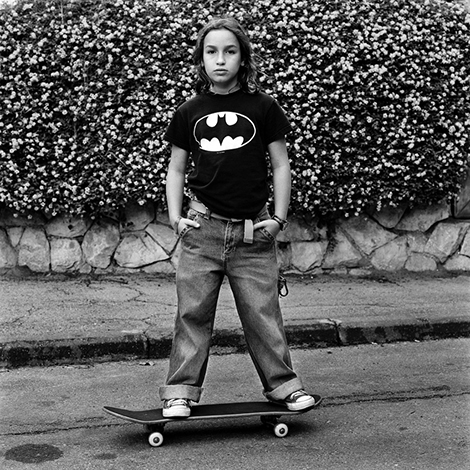
My daughter Roni, Ramat Hasharon 2004
-
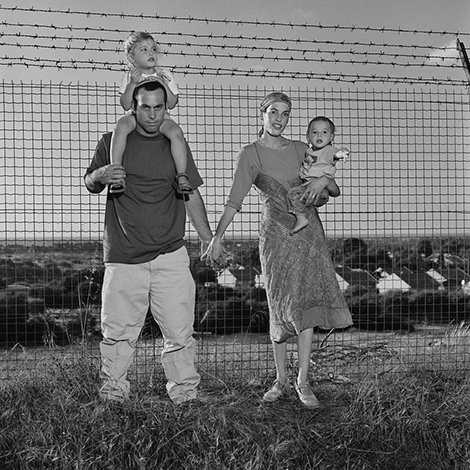
Malki, my cousin Yaki's daughter, with her husband Oren and their children Shira and Eyal, Ganei Tal, Gaza strip 2005
-
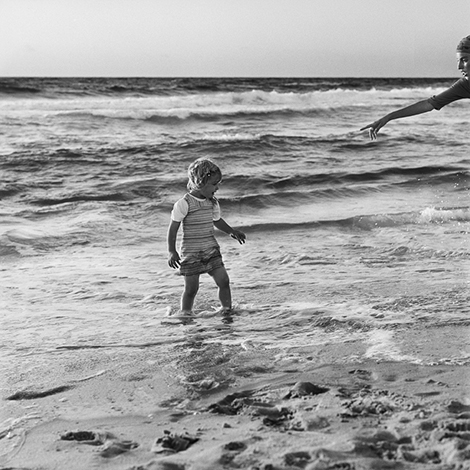
Malki, cousin Yaki's daughter, with her daughter Shira, Gaza Beach 2005
-
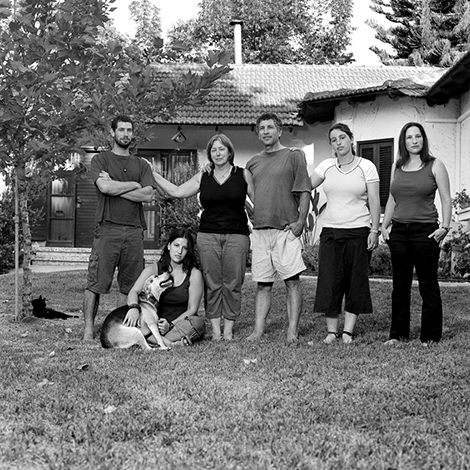
Cousin Alik with his wife cousin Atara and their children Noa, Itai, Maya, and Neta, Moshav Hagor 2005
-
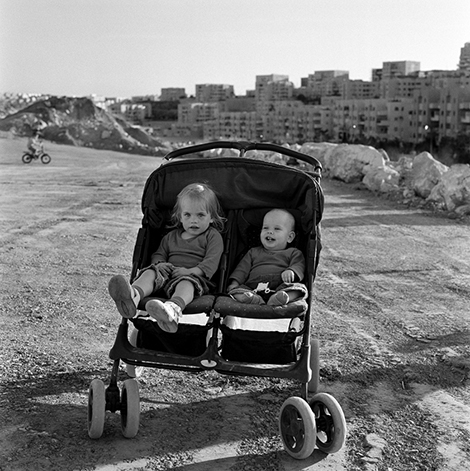
Michal and Ayala, two of my cousin Hannan's granddaughters, Kiryat Sefer 2005
-
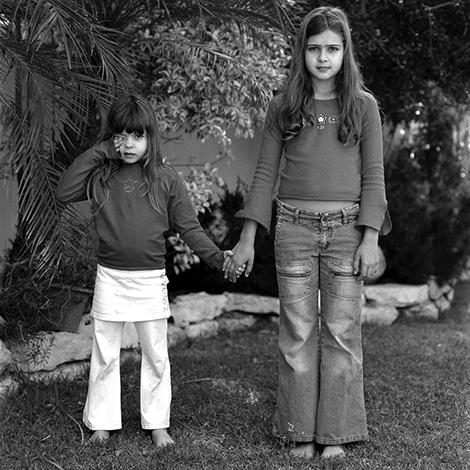
Yarden and Naama, cousin Motke's daughters, Ramat Gan 2004
-
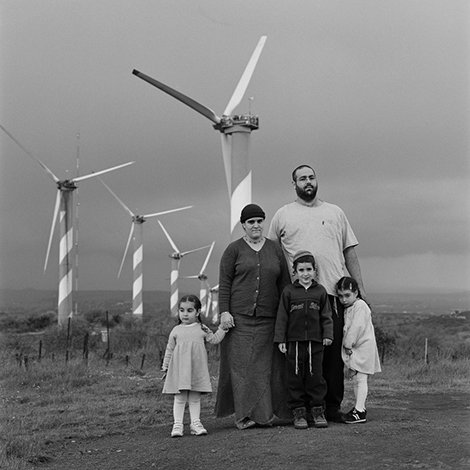
Yehuda, cousin Eta's son, with his wife Rinat and their children Uri, Hallel and Adi, Alonei Habashan, Golan Heights 2007
-
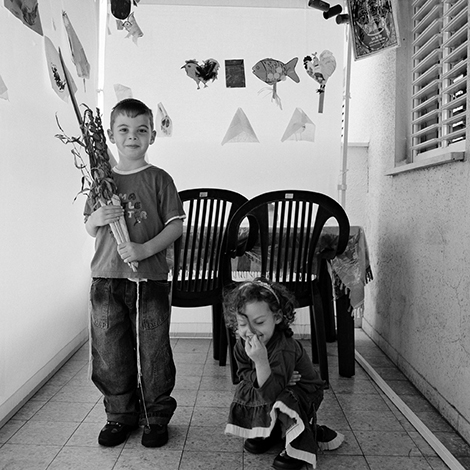
Yehonatan and Noga, two of my cousin Yonina's grandchildren, Petach Tikva 2005
-
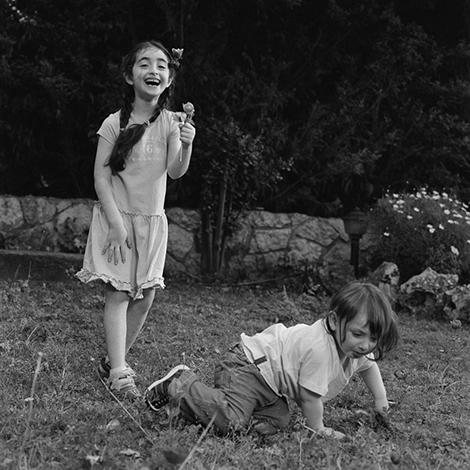
Yuval and Omer, the grandchildren of my late cousin Pinchas, Reut 2007
-
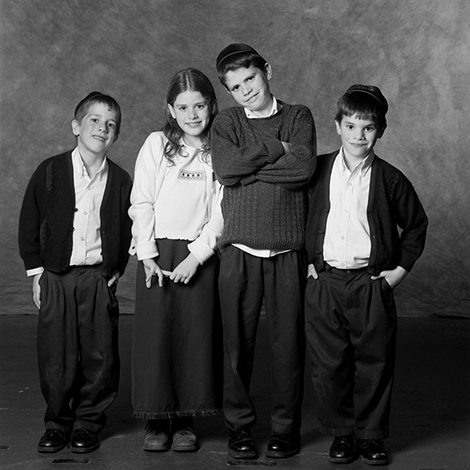
Yaacov, Miri, Yehonatan and Shmuel, four of cousin Suzie's nine children 2002
-
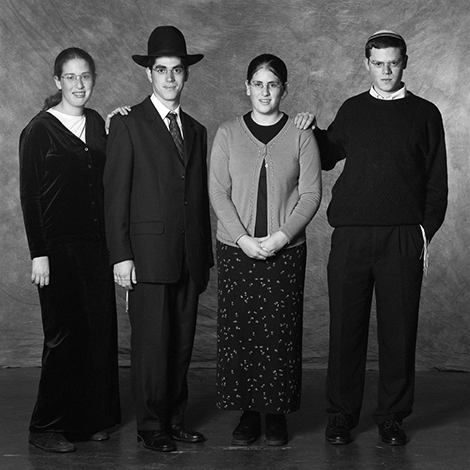
Yehuda, Zvika, Devora and Avigail, four of cousin Suzie's nine children 2002
-
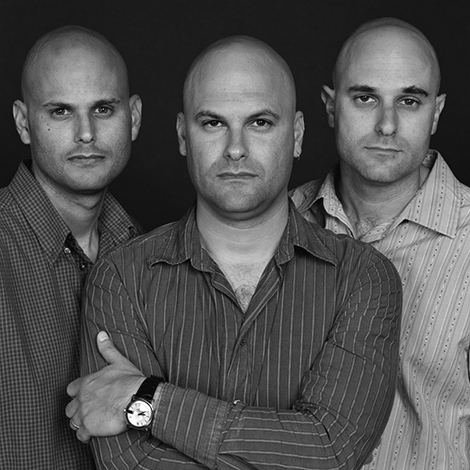
Shmulik, Gadi and Lior, cousin Miki's sons, 2007
-
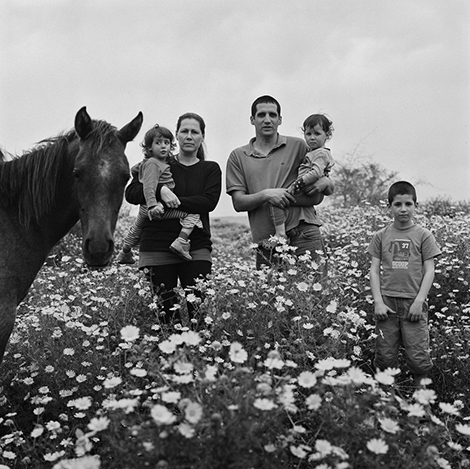
Yael, my cousin Erela's daughter, with her husband Eldar and their children Hadas, Ofer and Amit, Kibbutz Cabri, 2007
-
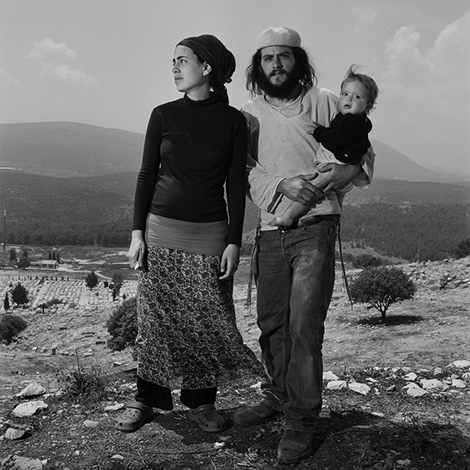
Yael, cousin Nathan's daughter, with her husband, Malachi, and their firstborn son Gur Arie Yehuda, Safed 2007
-
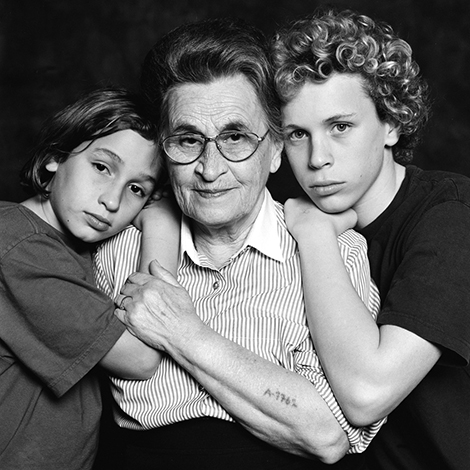
My mother Rivka and my children Gil and Roni 2003